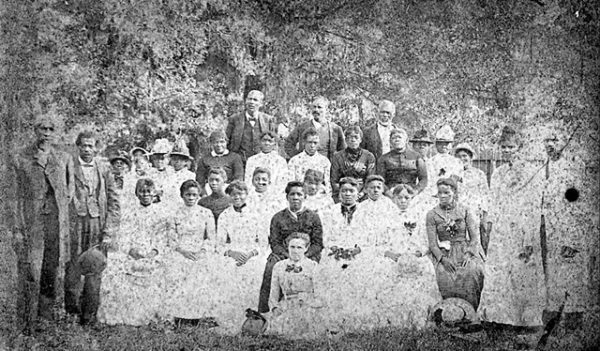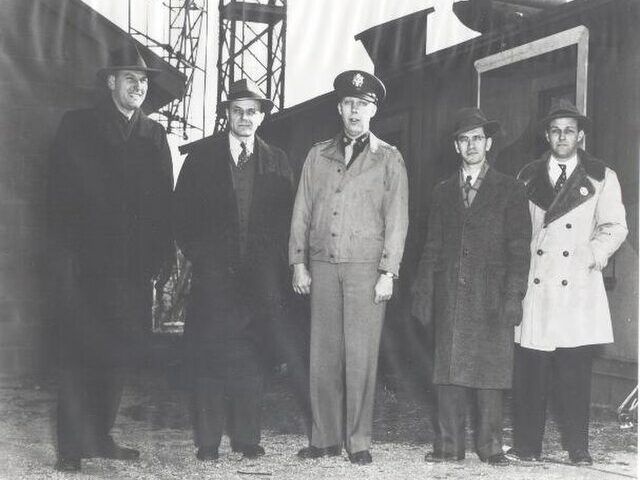Juneteenth, also known as Freedom Day or Emancipation Day, commemorates the emancipation of enslaved African Americans in the United States. The first Juneteenth was celebrated on June 19, 1865, marking a pivotal moment in American history and symbolizing the end of slavery in the United States.
President Abraham Lincoln issued the Emancipation Proclamation on January 1, 1863, declaring that all enslaved people in Confederate states were to be set free. However, the enforcement of this proclamation depended heavily on the advance of Union troops. In the deepest parts of the Confederacy, the news of emancipation did not reach enslaved people until much later, often due to the resistance of slaveholders and the arrival of the news.
Texas, a Confederate state, was one of the last holdouts where slavery remained entrenched. It was not until Union General Gordon Granger arrived in Galveston, Texas, with federal troops on June 19, 1865, that the enslaved people of Texas learned of their freedom. General Granger’s General Order No. 3 declared:
“The people of Texas are informed that, in accordance with a proclamation from the Executive of the United States, all slaves are free. This involves an absolute equality of personal rights and rights of property between former masters and slaves, and the connection heretofore existing between them becomes that between employer and hired labor.”
The announcement set off jubilant celebrations among the newly freed African Americans. They sang, danced, and feasted, expressing their joy and relief at their newfound freedom. These spontaneous celebrations marked the first Juneteenth, a term derived from combining “June” and “nineteenth.”
For the freed individuals, Juneteenth represented more than just the end of physical bondage; it was a day of reflection, hope, and the beginning of a new chapter in their lives. The celebration was not only about freedom from slavery but also about the collective resilience and perseverance of African Americans. The day soon became a time for family gatherings, barbecues, and community events, where stories of liberation were shared, and traditions were passed down through generations.
Despite the initial celebrations, the aftermath of emancipation was fraught with challenges. The Reconstruction era that followed was a time of significant social, political, and economic upheaval. Formerly enslaved people faced discrimination, violence, and systemic barriers as they sought to integrate into a society that was reluctant to accept them as equals. Nevertheless, Juneteenth remained a beacon of hope and a reminder of the progress toward a new birth of freedom that had been made in the aftermath of the Civil War.
In the years following the first Juneteenth, African American communities continued to observe the day, often in the face of opposition and adversity. The celebrations evolved, incorporating parades, prayer services, educational events, and more. Juneteenth became an opportunity to honor the achievements and contributions of African Americans and advocate for civil rights.






